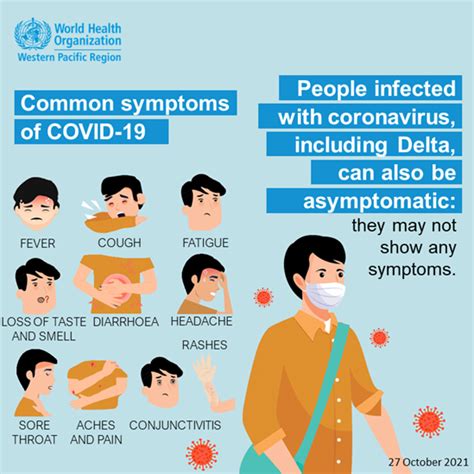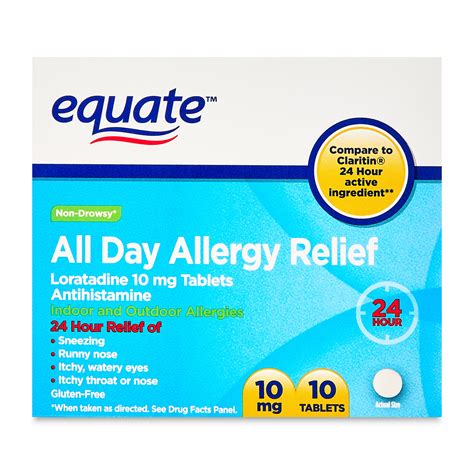Covid Variants Symptoms

The COVID-19 pandemic, caused by the SARS-CoV-2 virus, has led to a significant health crisis worldwide. One of the key challenges in combating this pandemic has been the emergence of various variants of the virus, each with its unique characteristics and potential impact on symptomatology. Understanding the symptoms of COVID-19 variants is crucial for early detection, prevention of spread, and management of the disease.
Introduction to COVID-19 Variants
COVID-19 variants are versions of the virus that have undergone genetic mutations, leading to changes in its genetic code. These mutations can affect how the virus transmits, the severity of the disease it causes, and how well it is neutralized by the immune system. Variants of concern, such as Alpha (B.1.1.7), Beta (B.1.351), Gamma (P.1), Delta (B.1.617.2), and Omicron (B.1.1.529), have been identified and closely monitored due to their potential to spread more easily, cause more severe disease, or evade immune protection provided by vaccines or previous infections.
Symptoms of COVID-19 Variants
While the symptoms of COVID-19 can vary significantly among individuals, depending on factors such as age, underlying health conditions, and the specific variant of the virus, there are common symptoms associated with most COVID-19 infections. These include:
- Fever: An elevated body temperature is one of the most common symptoms.
- Cough: This can range from a mild, dry cough to a more severe, productive cough.
- Fatigue: Feeling extremely tired or weak is a frequent complaint.
- Shortness of Breath or Difficulty Breathing: This symptom can range from mild to severe and is often indicative of a more serious infection.
- Headache: Headaches can be mild or severe and may be accompanied by other symptoms such as fever and fatigue.
- Sore Throat: Irritation of the throat, making swallowing painful.
- Runny Nose or Stuffy Nose: Nasal congestion or a runny nose is common.
- Body Aches or Muscle Pains: Pain or discomfort in the muscles or bones.
- Diarrhea: Some individuals may experience gastrointestinal symptoms, including diarrhea.
- Nausea or Vomiting: Stomach upset, nausea, or vomiting can occur, particularly in more severe cases.
Variant-Specific Symptoms
While the core symptoms of COVID-19 remain largely consistent across different variants, there are reports and studies suggesting some variant-specific differences in symptomatology:
- Alpha Variant: Early reports suggested that this variant might lead to more severe illness, but subsequent studies have not consistently supported this finding.
- Delta Variant: The Delta variant has been associated with more severe symptoms and a higher risk of hospitalization compared to some other variants. However, vaccinated individuals tend to have milder symptoms.
- Omicron Variant: The Omicron variant, particularly in its early stages, has been noted for causing milder symptoms, such as a scratchy throat, mild fatigue, and a dry cough, especially in vaccinated individuals. However, the sheer number of cases and the potential for serious illness in vulnerable populations remain significant concerns.
Impact of Vaccination on Symptoms
Vaccination against COVID-19 has been proven to significantly reduce the risk of severe illness, hospitalization, and death from COVID-19. Vaccinated individuals who contract COVID-19 (breakthrough infections) often experience milder symptoms compared to unvaccinated individuals. The effectiveness of vaccines in reducing the severity of symptoms underscores the importance of vaccination as a public health measure.
Conclusion
The COVID-19 pandemic continues to evolve, with new variants emerging and altering the landscape of the disease. Understanding the symptoms of COVID-19 and its variants is crucial for the early identification of cases, isolation to prevent spread, and appropriate management of the disease. As our understanding of the virus and its variants grows, so does the importance of vaccination, public health measures, and continued research into the most effective strategies for controlling the pandemic.
What are the most common symptoms of COVID-19?
+The most common symptoms include fever, cough, fatigue, shortness of breath or difficulty breathing, headache, sore throat, runny nose or stuffy nose, body aches or muscle pains, diarrhea, nausea or vomiting. However, not all individuals will exhibit all of these symptoms, and the severity can vary greatly.
Are the symptoms of COVID-19 variants different from the original strain?
+While the core symptoms of COVID-19 remain largely consistent across different variants, there are reports suggesting some variant-specific differences. For example, the Omicron variant has been noted for causing milder symptoms, such as a scratchy throat and mild fatigue, especially in vaccinated individuals. However, the severity and presentation can vary significantly among individuals and variants.
How effective is vaccination in preventing severe symptoms of COVID-19?
+Vaccination against COVID-19 has been proven to significantly reduce the risk of severe illness, hospitalization, and death from COVID-19. Vaccinated individuals who contract COVID-19 often experience milder symptoms compared to unvaccinated individuals, highlighting the critical role of vaccination in managing the pandemic.
What should I do if I experience symptoms of COVID-19?
+If you experience symptoms of COVID-19, it is essential to isolate yourself from others to prevent the spread of the virus. Contact your healthcare provider for guidance on testing and treatment. Follow public health guidelines, which may include getting tested for COVID-19, staying home except to get medical care, and informing your close contacts so they can take appropriate precautions.
Can COVID-19 variants evade immune protection provided by vaccines or previous infections?
+Some COVID-19 variants have shown the potential to partially evade immune protection offered by vaccines or previous infections, but the extent of this evasion can vary among variants and individuals. Vaccines remain highly effective in preventing severe illness and death, even against variants, and booster doses can enhance this protection.
Understanding the nuances of COVID-19 symptoms and the impact of vaccination is vital for navigating the ongoing pandemic. As research continues and new data emerges, public health strategies will evolve, aiming to protect individuals and communities from the effects of COVID-19.



